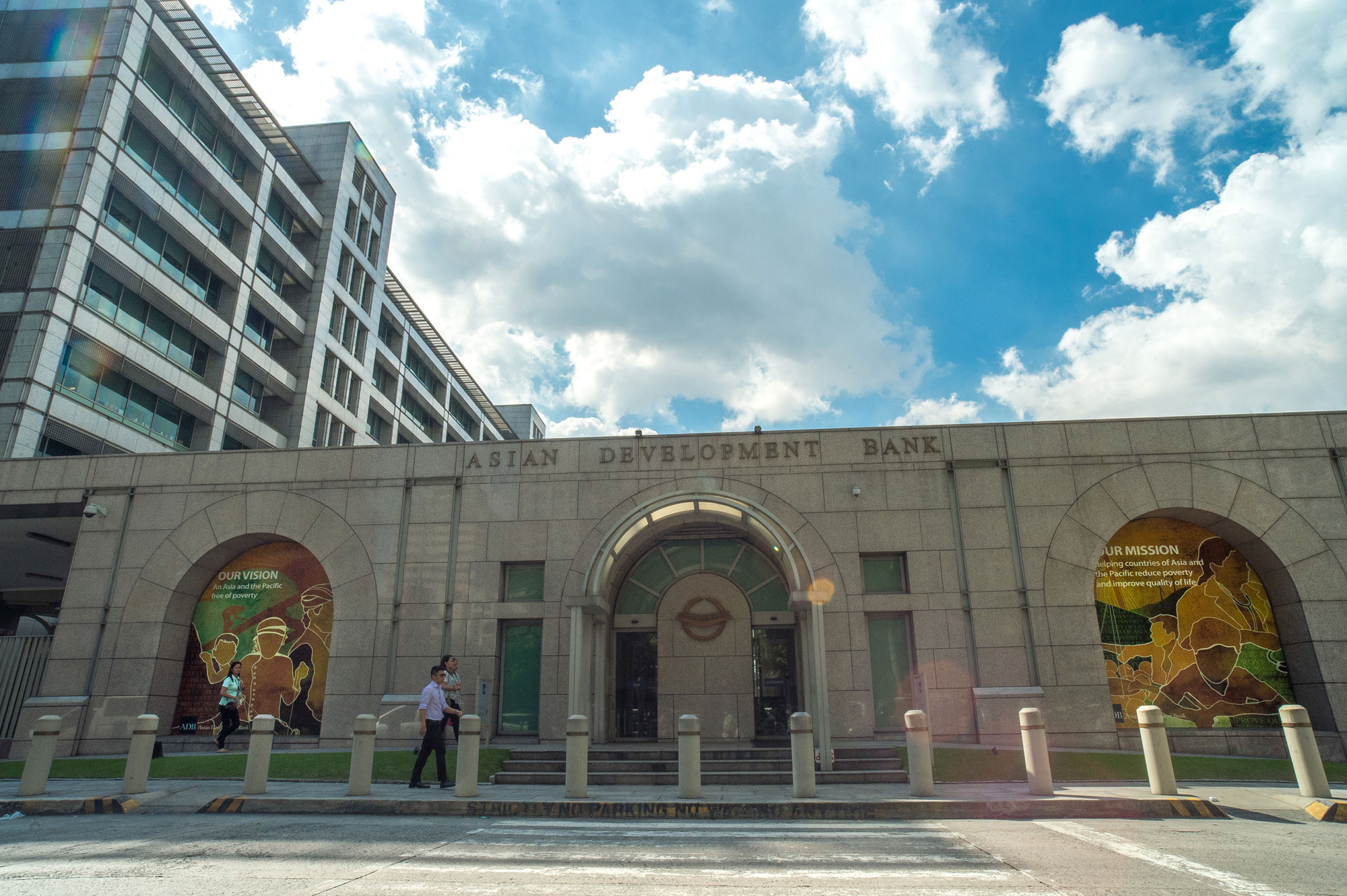News
ADB-funded Covid-19 testing lab in C. Luzon to open on May 10

FILE: ADB Headquarters in Mandaluyong City, Metro Manila, Philippines (Photo By AndreaADB – Own work/Wikimedia Commons, CC BY-SA 4.0)
MANILA – The Philippines’ coronavirus disease 2019 (Covid-19) testing capacity got a boost from 7,000 to 10,000 daily after the setting up of a new laboratory in Pampanga through a USD3-million grant from the Asian Development Bank (ADB).
In a statement Friday, the Manila-based lender said the Pandemic Sub-National Reference Laboratory at the Jose B. Lingad Memorial Regional Hospital in San Fernando City, funded from ADB’s Asia Pacific Disaster Response Fund approved last March, will start operations on May 10.
It said that laboratory technicians are now finishing their weeks of training on biosafety and specimen collection and testing.
It added that the retrofitting of the hospital to ensure biosafety standards was made with the help of the Philippine-based pharmaceutical company Unilab Inc.
ADB vice president Ahmed M. Saeed said the “state-of-the-art facility is part of the government’s strategy to increase the number of laboratories across the country and significantly boost its Covid-19 testing capacity to flatten the pandemic curve and save lives.”
“In addition, ADB is working closely with the Department of Health to prepare a USD125-million project to supplement this new laboratory and support the government’s response to the pandemic with additional testing kits and medical and personal protection equipment for hospitals nationwide,” he said.
ADB said DOH will establish a system for the collection and transportation of Covid-19 samples from health institutions to the said laboratory and then transmit the test results back to the health facilities.
Relatively, Health Secretary Francisco Duque III said “early detection and isolation of new Covid-19 cases is critical to managing potential outbreaks, especially as the government is considering gradually lifting quarantine measures”.
“This makes testing all the more vital, and we are truly pleased with the Asian Development Bank’s support as we continue to work on strengthening the capacity of the country’s health care system to manage this pandemic,” he said.
ADB said the laboratory will cater to the needs of health facilities in central and northern Luzon and is seen to continue operations after the pandemic and support research on other pathogens, genetic diseases, and cancer. It can also be utilized as training facility for future laboratory technicians. (PR)





















